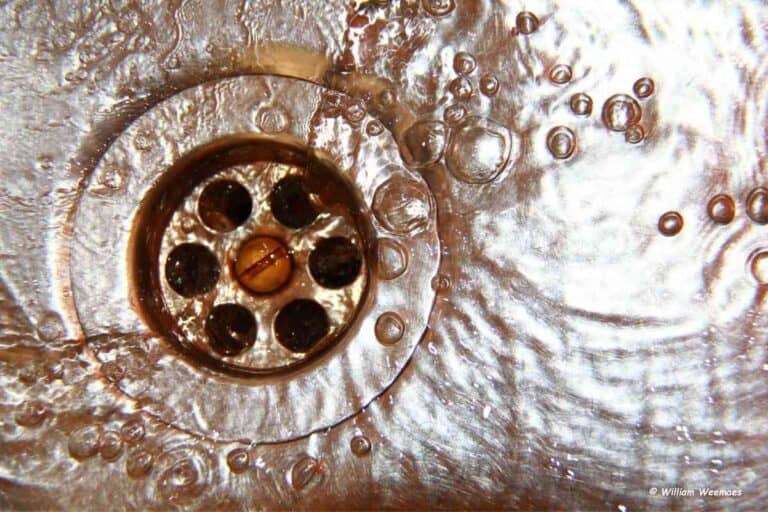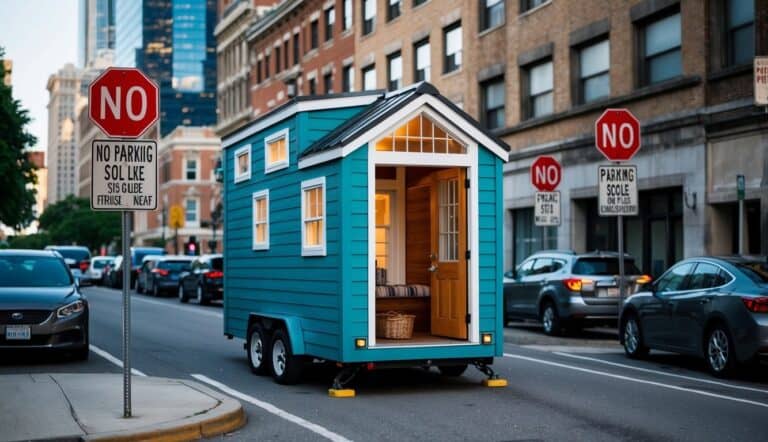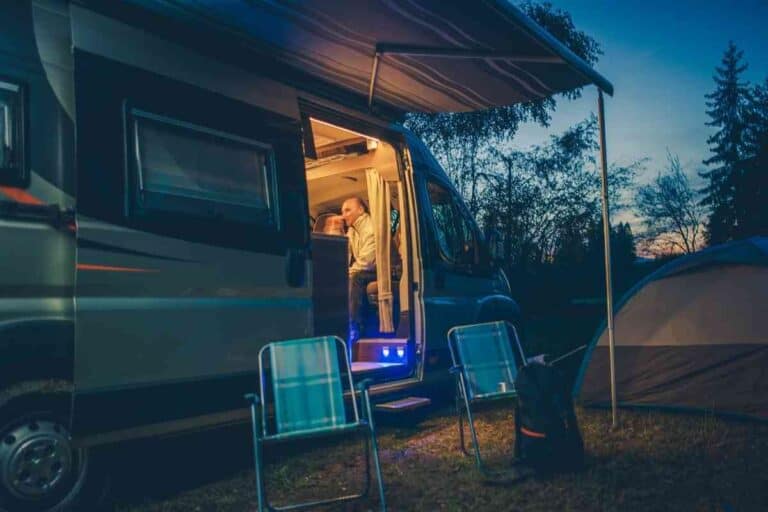Are Diesel Heaters Safe? A Safety Guide To Common Models
Many people purchase portable diesel fuel heaters for a variety of reasons, including camping, traveling in an RV, and even off-grid living during winter or in cold climates. However, it is important to know whether a diesel heater is safe. Anytime a portable heater is used, you must be well informed about the type of heater you are using and if any precautions need to be taken in order to lessen the risk of injury or potentially death.
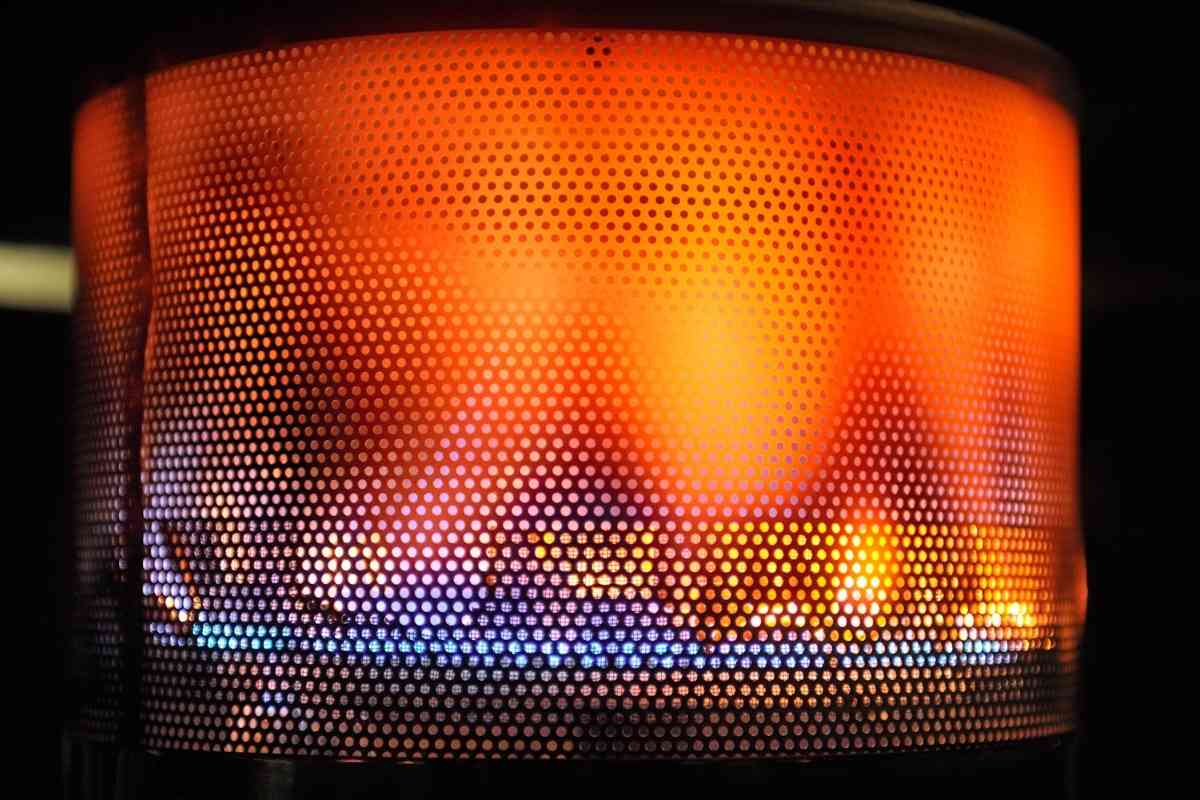
Is it safe to use a diesel heater?
Diesel heaters are not only safe, but they are cost and fuel efficient and long-lasting. Diesel heaters typically come equipped with many safety features, and they have a lower carbon monoxide output than a gasoline heater does, providing clean dry heat wherever you need it.
If you are looking for a heater to take with you while traveling or camping, diesel heaters are a great option because they provide excellent warmth and are very safe.
Diesel heaters can be used in a variety of situations and are safe to use in almost any space as well as overnight, per information provided by experts who have used diesel heaters for many years.
Are Diesel Heaters Safe?
Yes, diesel heaters are considered one of the safest options when it comes to a portable heater. They are not only safe for outdoor use, but they can also be used indoors.
Diesel air heaters provide an extraordinary amount of warmth, which makes them an excellent choice for those that need a heat source in freezing temperatures. They come with excellent safety features, including a shutoff setting in the event that the temperature gets too high. This eases concerns about a potential fire hazard with a portable heater.
Carbon monoxide output is a large concern for anyone that is purchasing a portable heater, and diesel heaters have a lower carbon monoxide output than many other heaters do. They also vent all exhaust outside, so you are never breathing in anything harmful. This makes them safe to run at night while you are sleeping.
Diesel heaters are also incredibly easy to install. Unlike a propane heater, you can install a diesel heater by yourself without much worry about messing it up. A propane heater must be installed with accuracy, and most people require a professional to install one due to the fact that if installed incorrectly, it can pose a major safety concern.
Do You Need Ventilation For A Diesel Heater?
Yes, you do need to have ventilation for a diesel heating system. Although diesel heaters are very safe, they still need to be connected to an outside air source in order to properly heat the air without reducing the oxygen level inside the space.
Most people will connect the intake pipe to a vent in order for the diesel heater to pull in the cool outside air and then heat it before pushing it into the space it is heating. Once the diesel heater has heated the air then you will need the exhaust pipe to be connected to the outside as well in order for it to push those fumes outside instead of back where you are breathing it in.
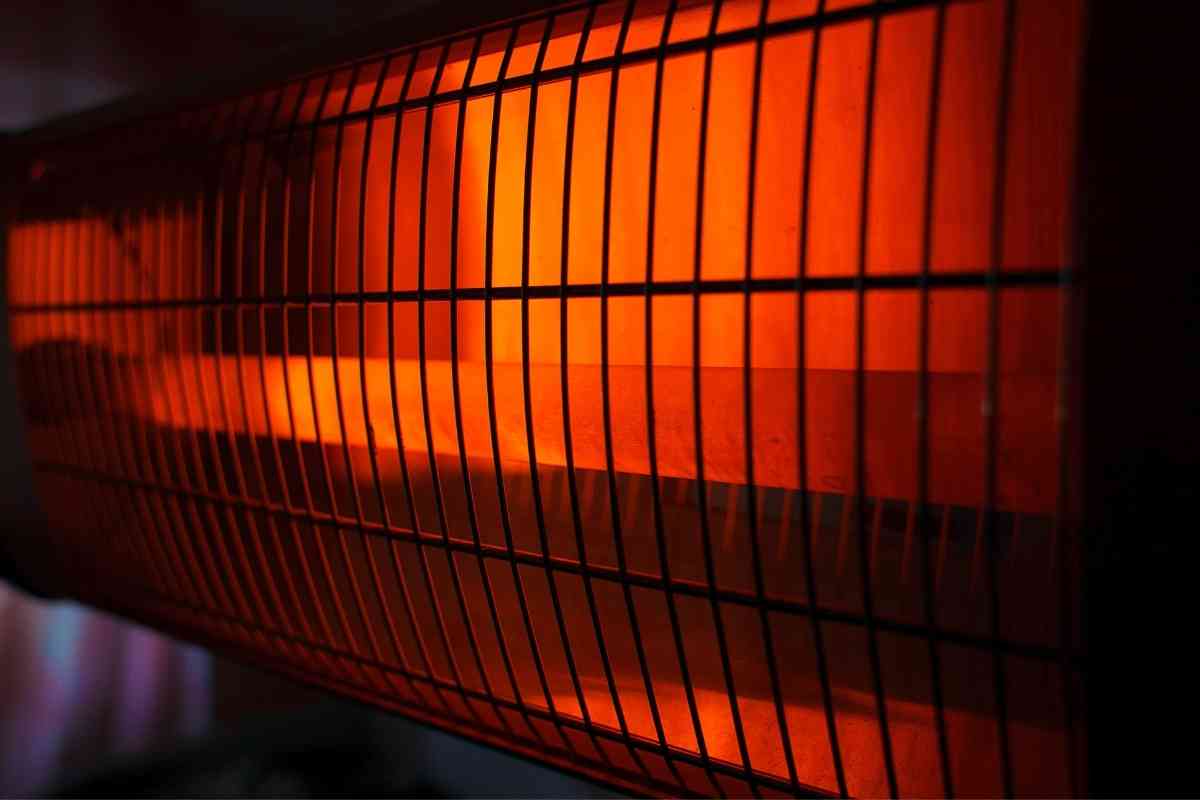
How Does A Diesel Heater Work?
Once you have connected the diesel heater’s intake pipe to a vent, the heater will draw in the cooler air from outside. The air then passes through the combustion chamber of the heater.
This is where the diesel is mixed with the air that has been pulled in through the intake pipe, and it is ignited.
The heated air is then drawn into the heat exchanger by the internal blower. It is then heated to a set temperature.
At this point, carbon monoxide is formed and this is why diesel heaters will still need ventilation. The combustion exhaust pipe will be connected to the outside in order for those harmful gasses to go back outside.
Do Diesel Heaters Make Carbon Monoxide?
Diesel heaters do produce carbon monoxide during the combustion of the diesel. It is important that you have the diesel heater set up to draw in the outside air and push the exhaust outside to reduce the risk of breathing in carbon monoxide. Follow the installation instructions carefully!
However, the amount of carbon monoxide is at a lower level than most heaters which makes it a popular choice.
With any heater that produces carbon monoxide, it is a good idea to have a carbon monoxide detector in the space that you are wanting to heat, especially if you are going to leave it on overnight while sleeping.
Carbon monoxide detectors can be purchased at almost any home improvement store or major chain stores such as Target and Walmart.
What Are Diesel Heaters Used For?
Diesel heaters are used for a variety of purposes. Many people will use them to go camping and can safely set up a diesel heater inside their RV or camper van. Diesel heaters can also be used in small personal vehicles as well as marine vessels of all sizes.
Those that live off grid in a cabin or even off grid trailer may also want to use a diesel heater as a heat source when needed. Those that live off grid may need a source of heat in the instance that they live in a climate with extreme temperatures and they cannot get their home warm enough.
Diesel Heaters vs. Propane or Electric Heaters
When compared to propane heaters, diesel heaters have their own pros and cons. Diesel heaters tend to distribute heat more evenly, which can be great if you have a family sleeping in a camper or a larger area where you want to be heated.
In terms of noise, diesel heaters tend to be very quiet, which can be ideal if you want to heat an area overnight while you are trying to sleep. Diesel heaters are more expensive than other types of heaters which might be out of budget for some people.
Propane heaters are cheaper to run than diesel heaters, which can be appealing for those that are trying to save money.
However, propane heaters are not as safe as diesel heaters. It is much safer to store diesel than it is to store propane, and propane is highly combustible.
Propane heaters can also require professional installation. They have to be installed in a very specific location and manner, so they do not pose a safety concern.
If it is not installed properly, then the valves and hoses can potentially leak deadly gasses into the air you are breathing.
Electric heaters are very commonly used and are typically referred to as space heaters. Electric heaters are readily available, and many people prefer to use an electric heater because you do not have any sort of chemical gasses that you have to use.
On the other hand, electric heaters are known to be fire hazards, and if you are going to use a space heater, you must place it in a safe location without anything touching it as it can ignite fabrics and paper, amongst other items.


